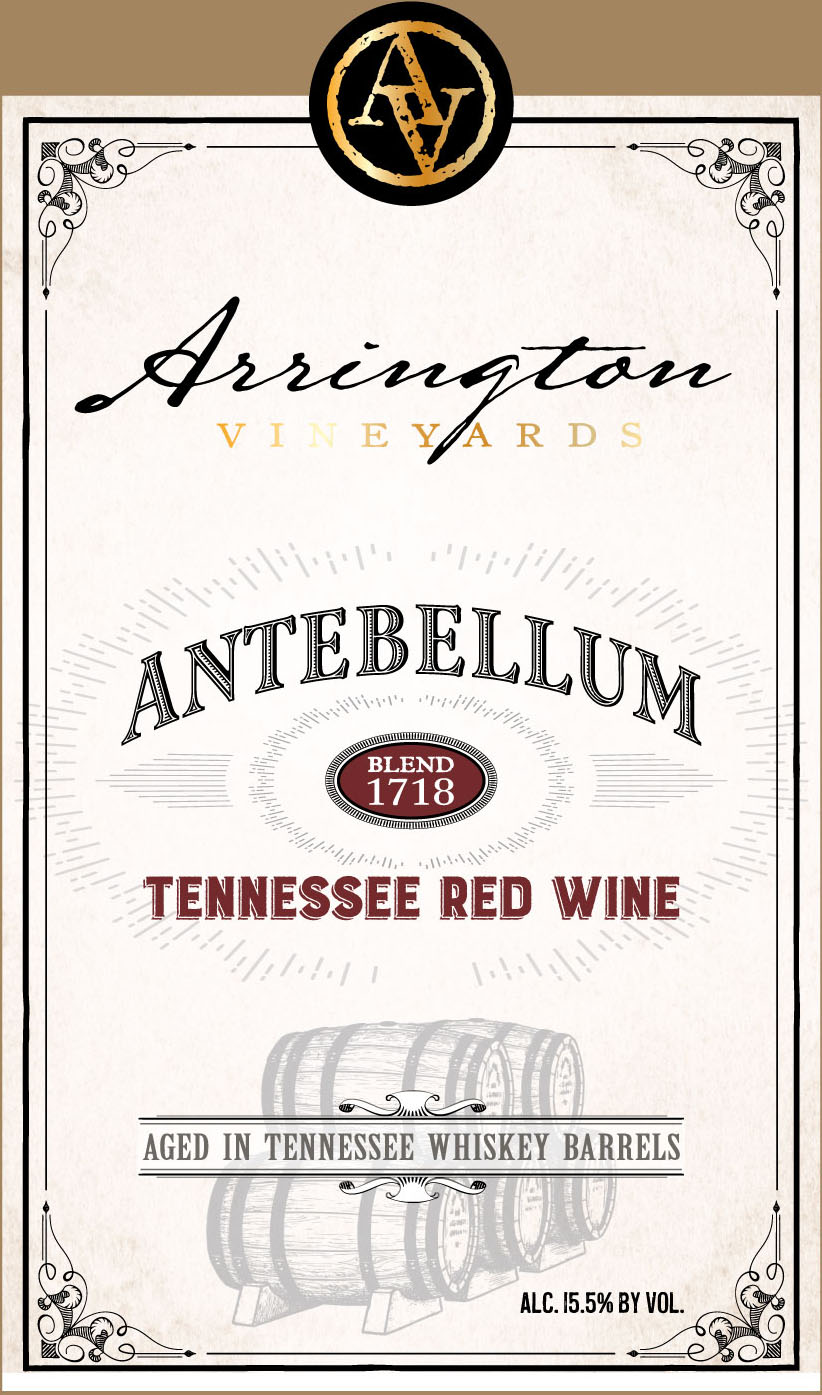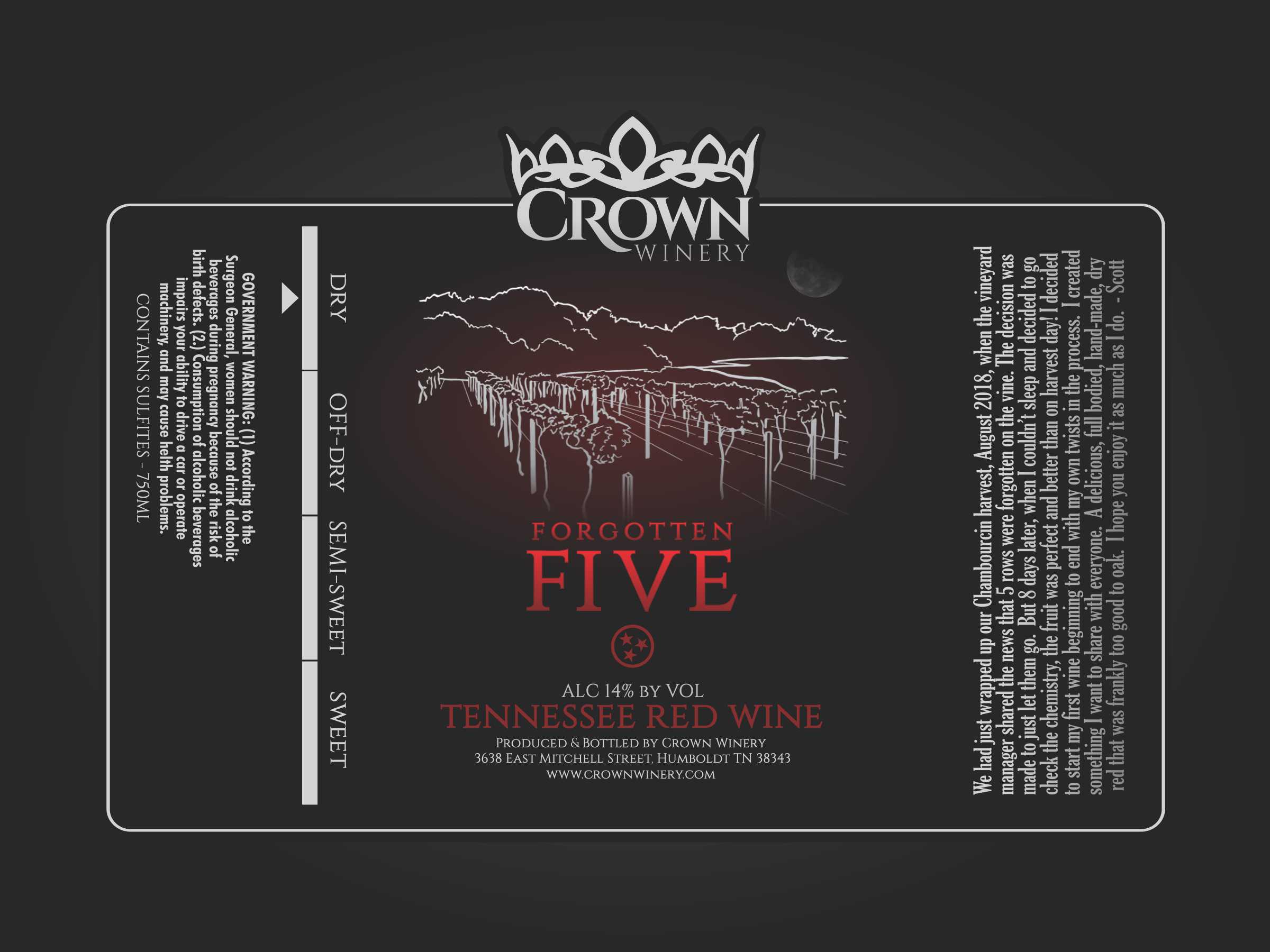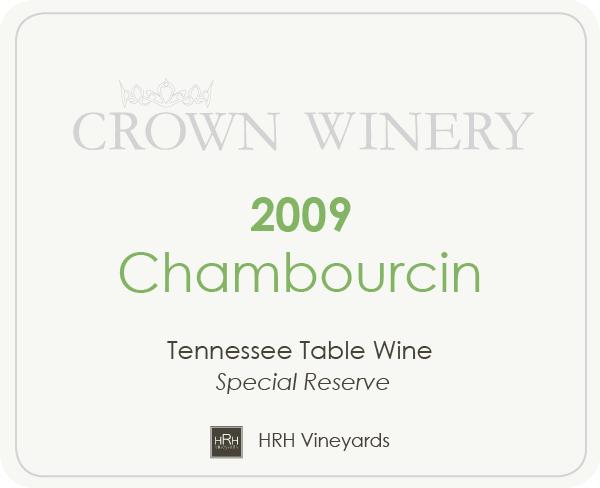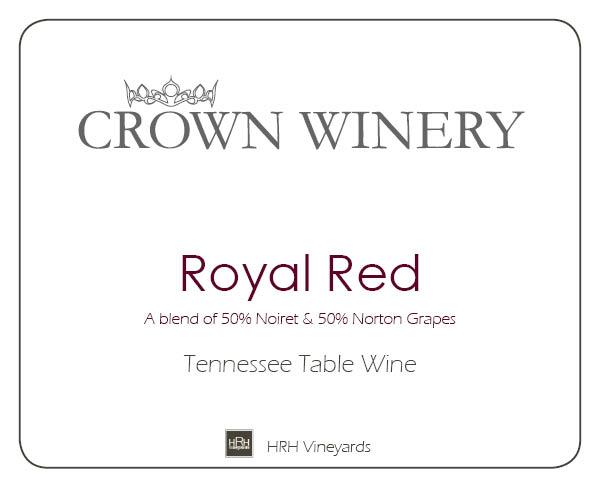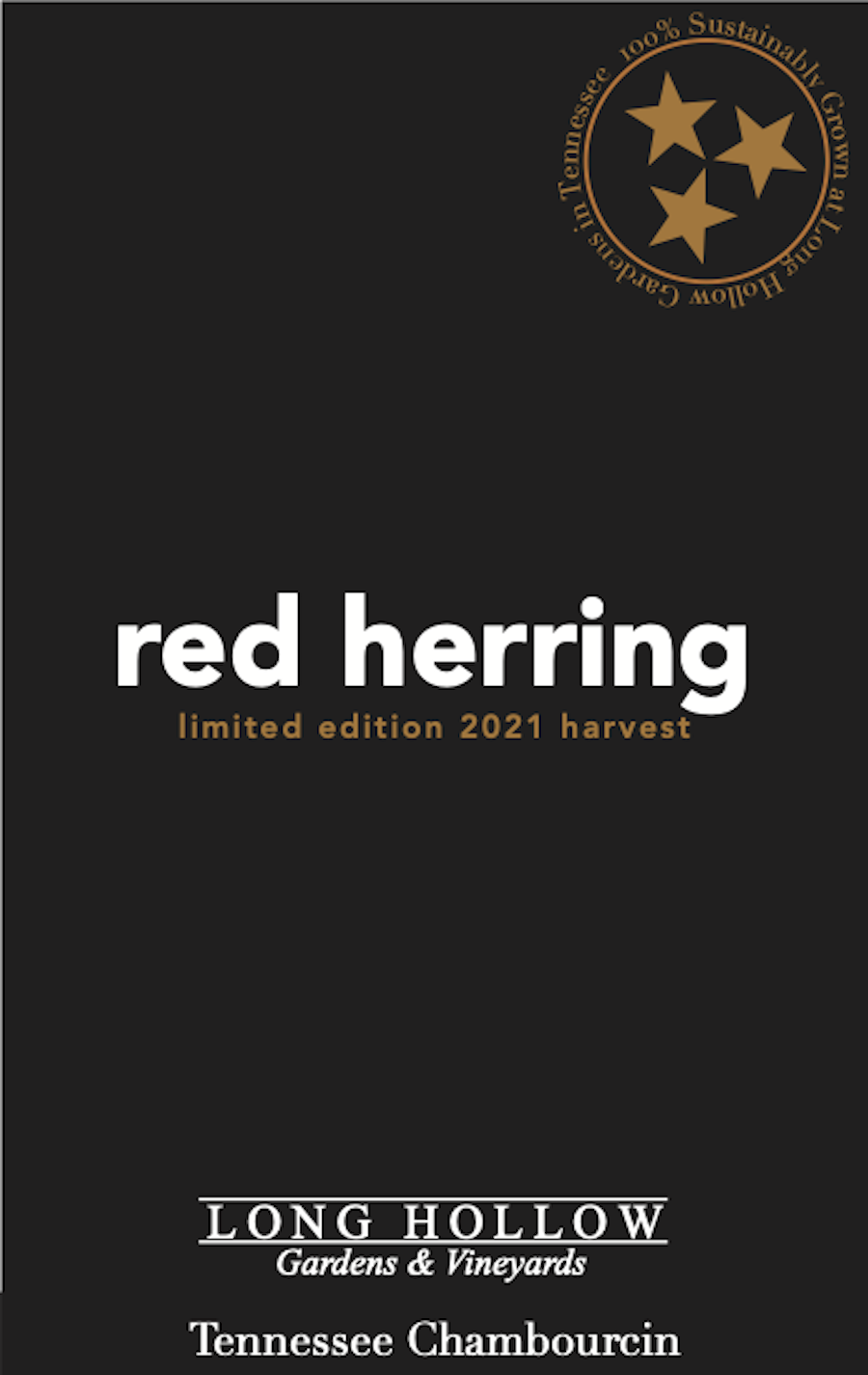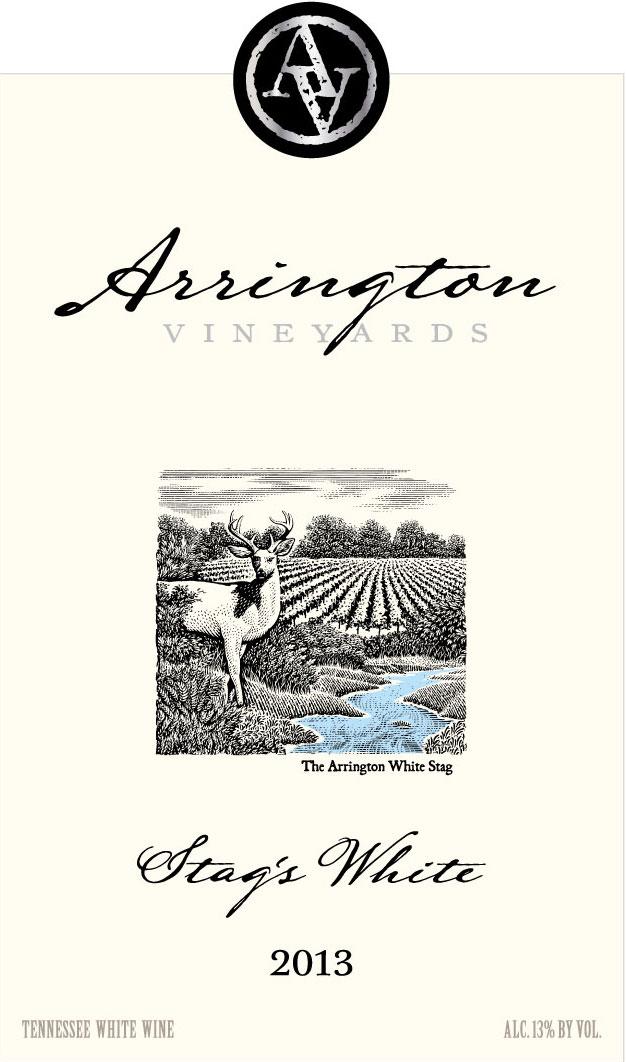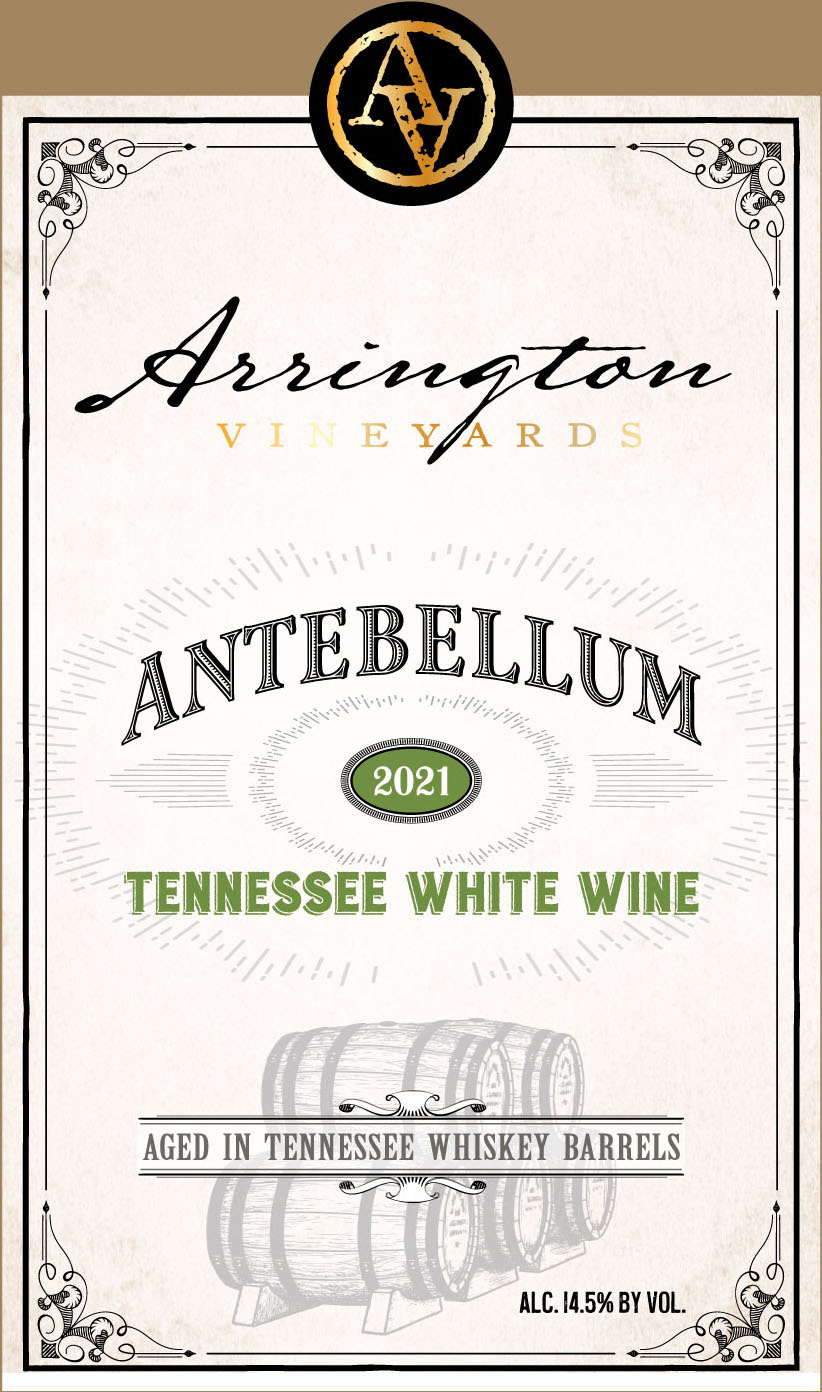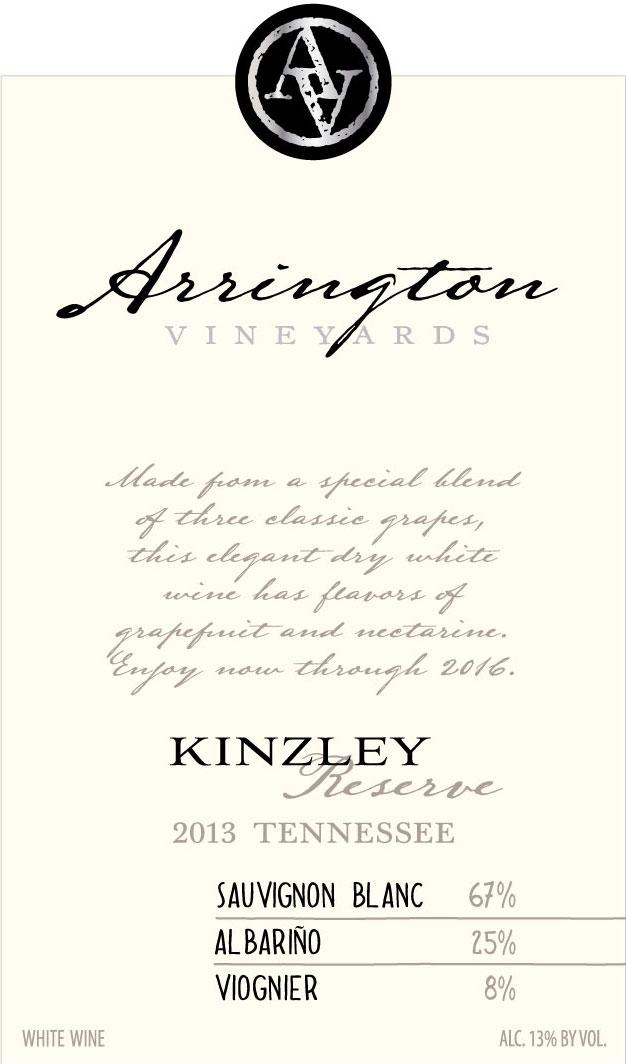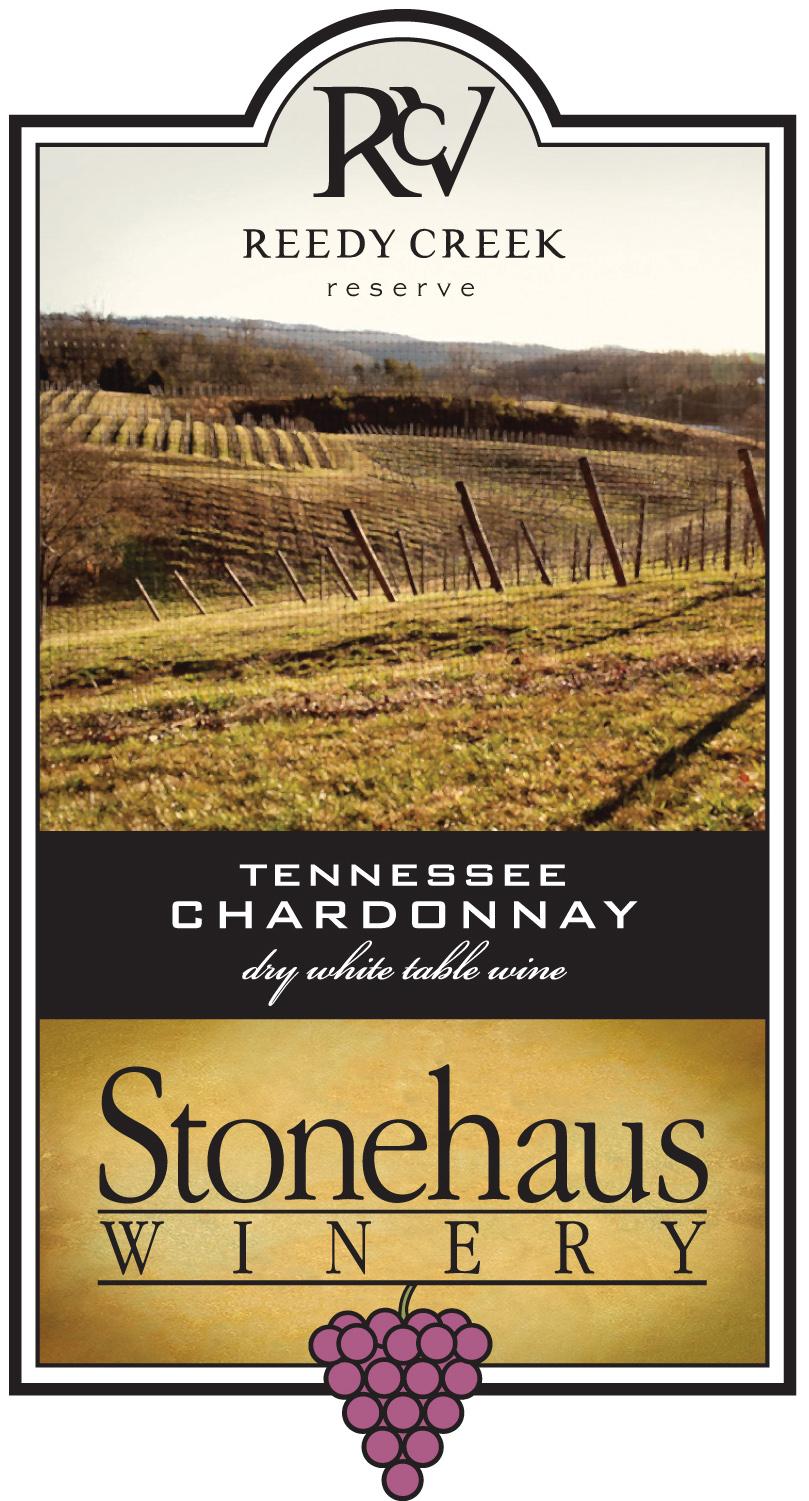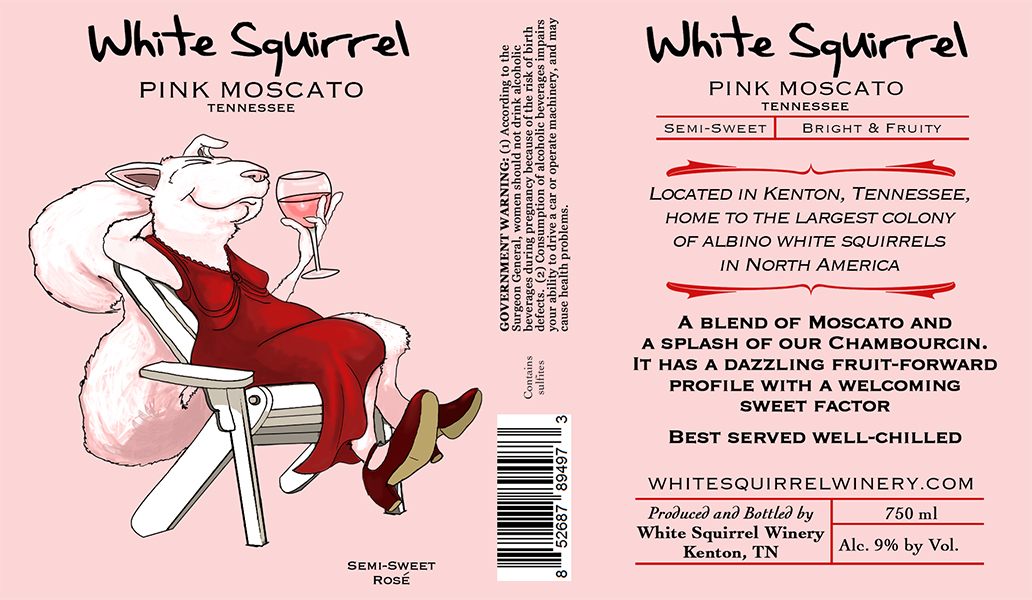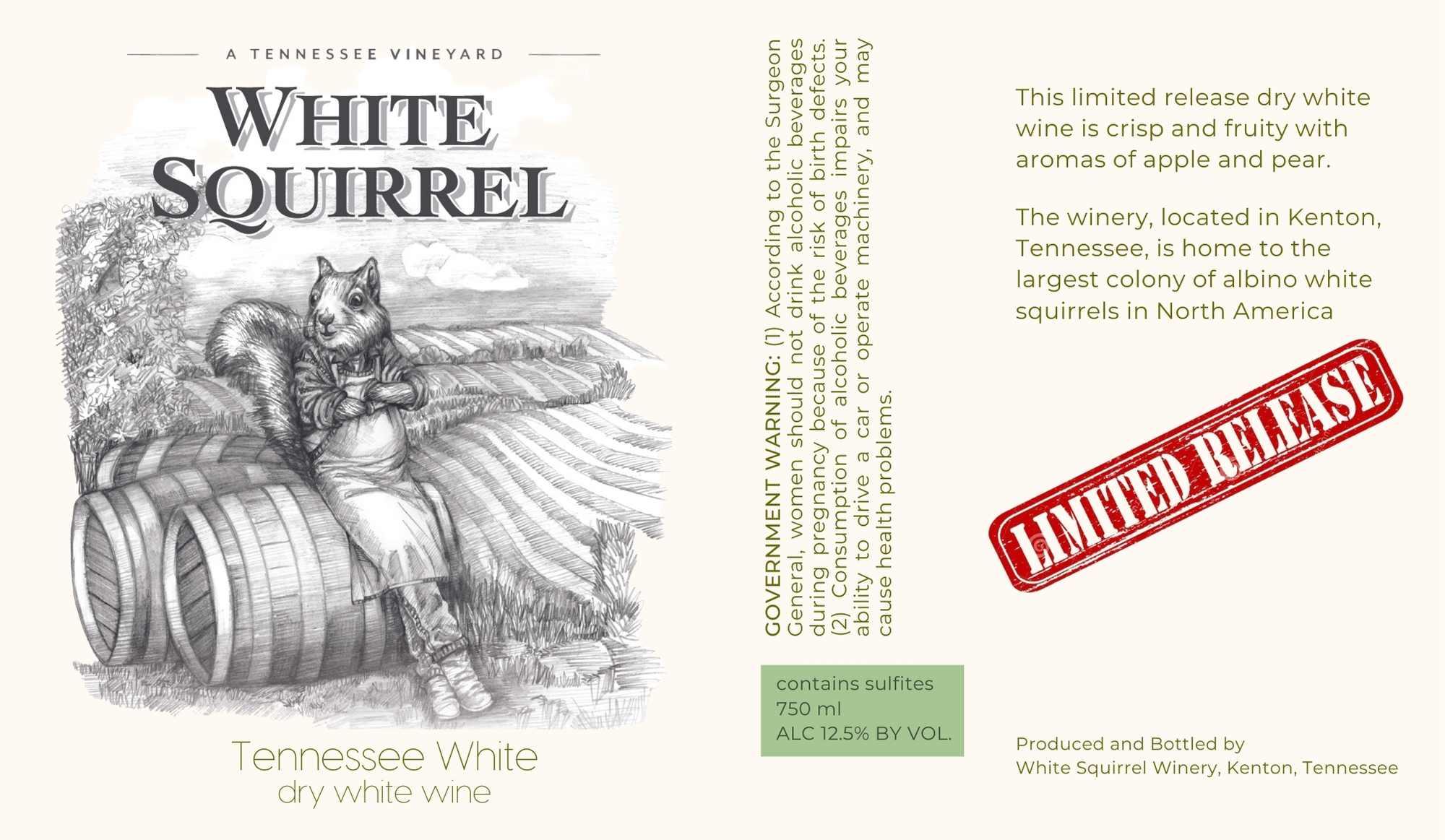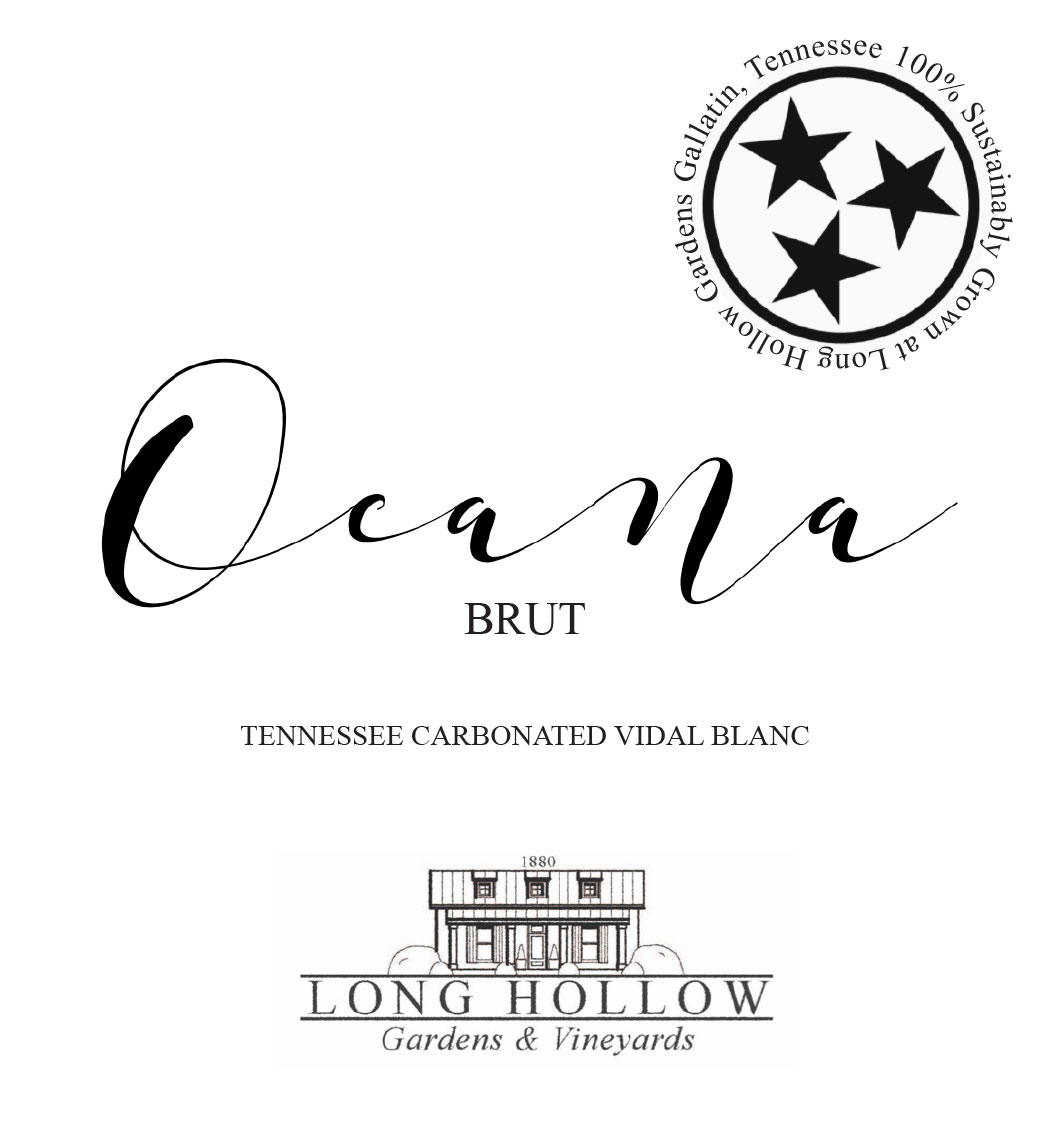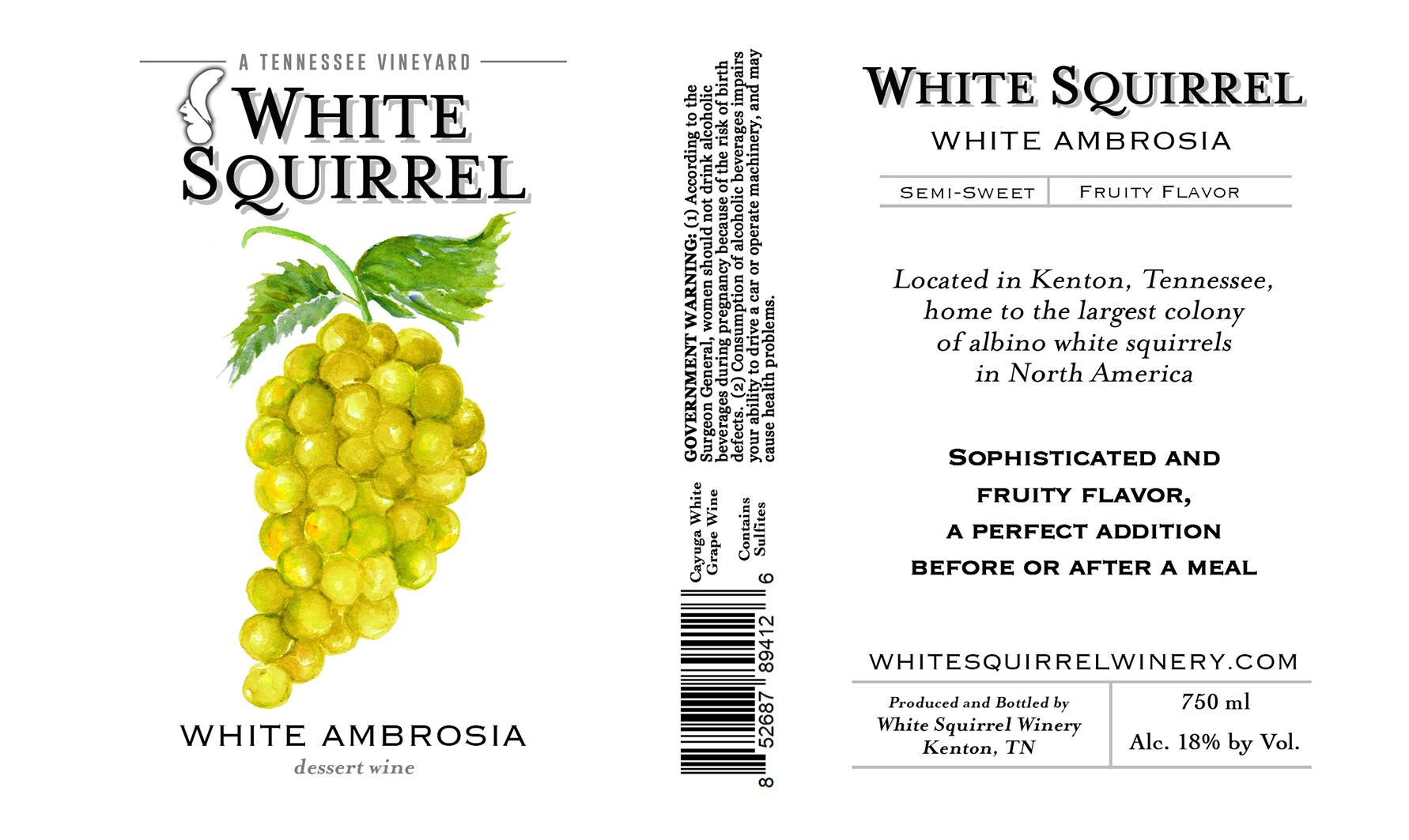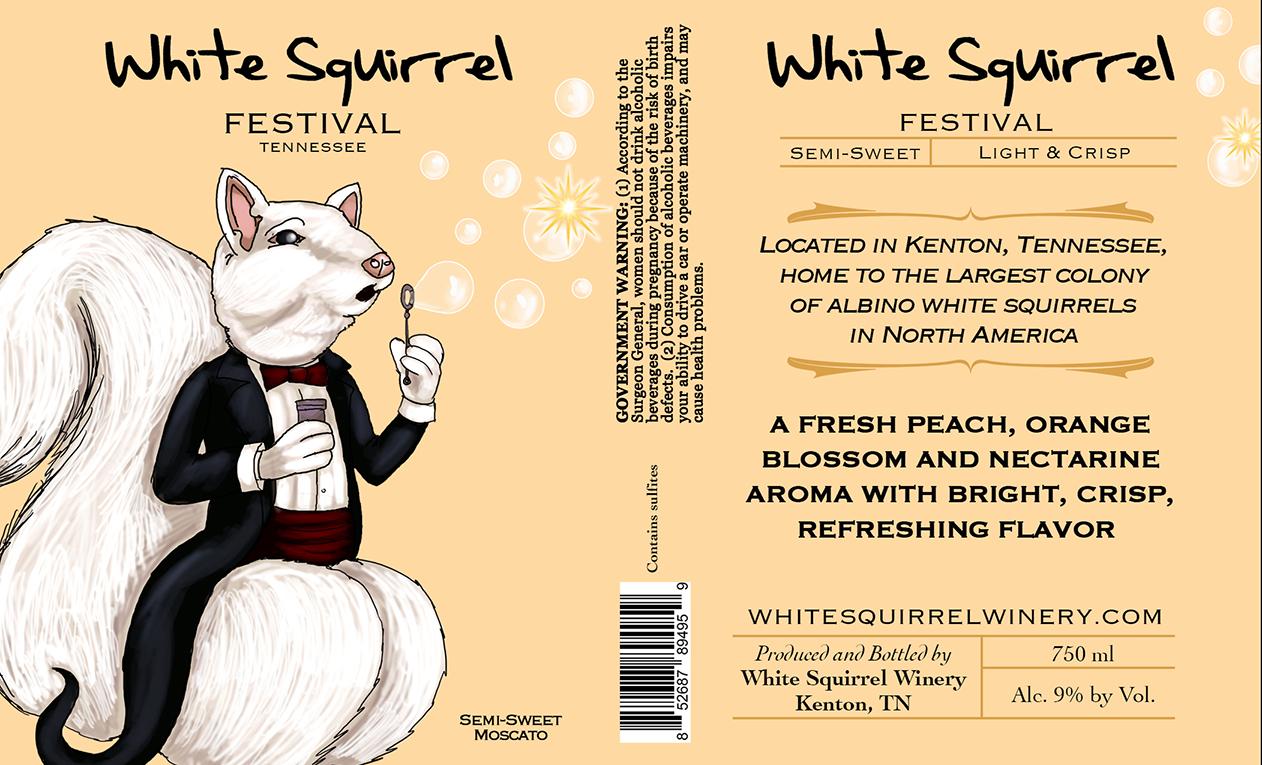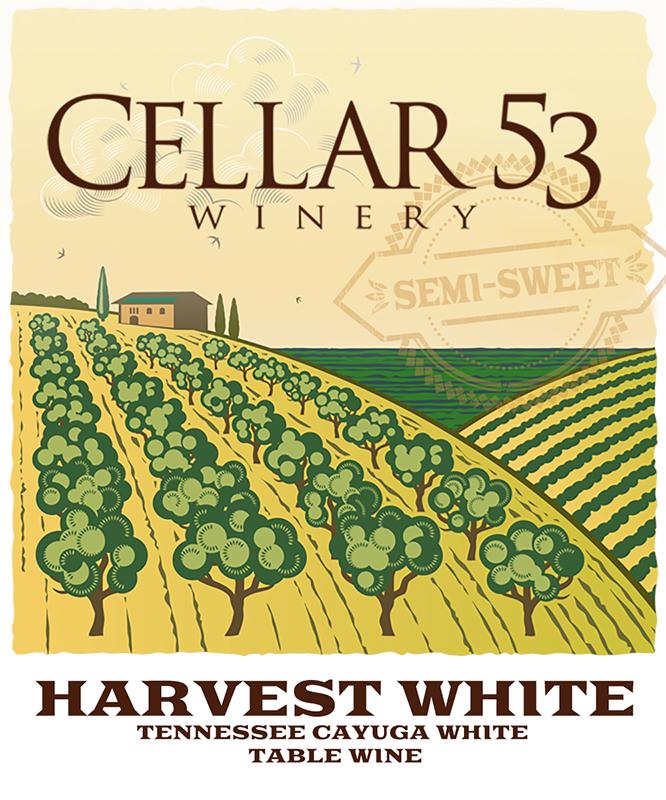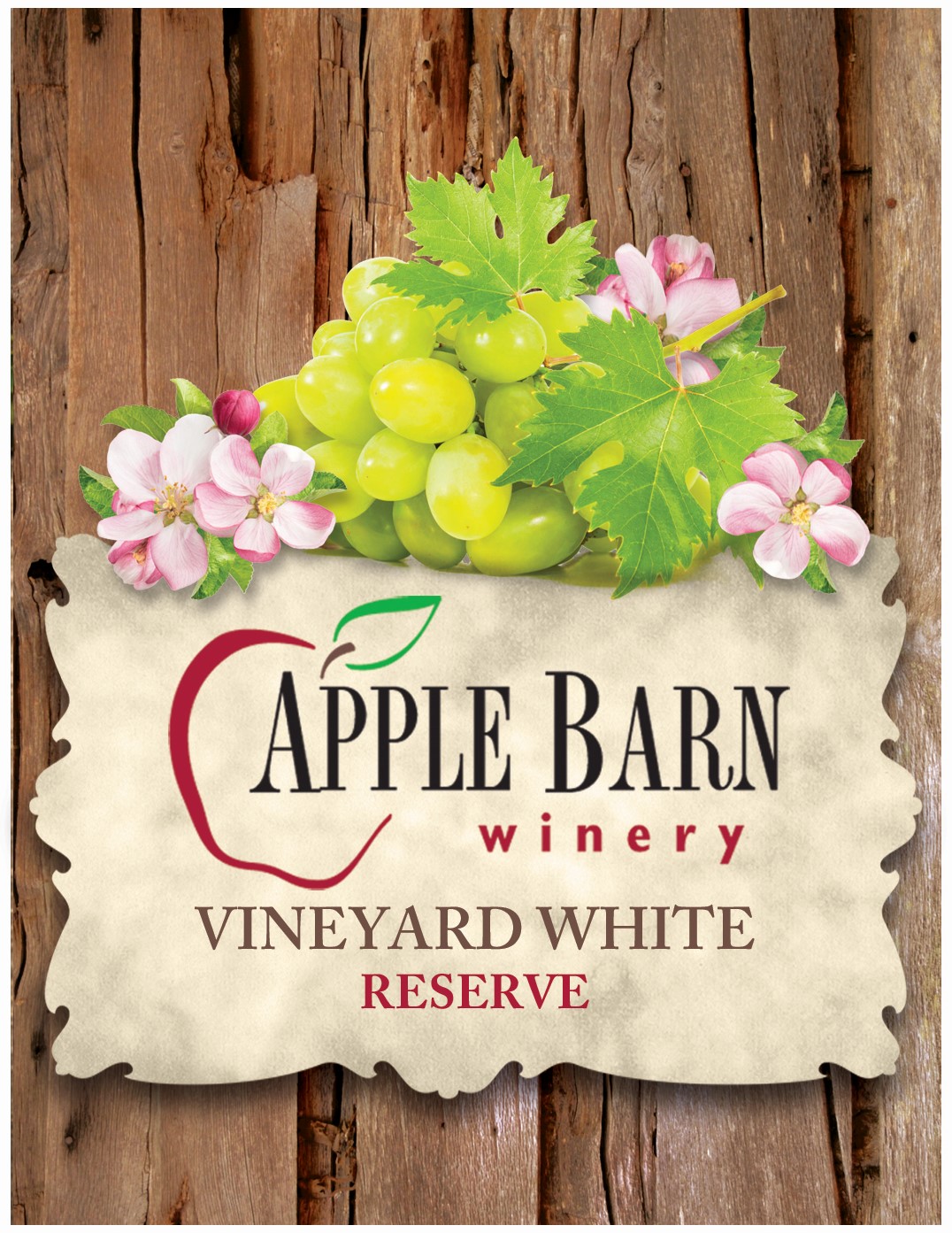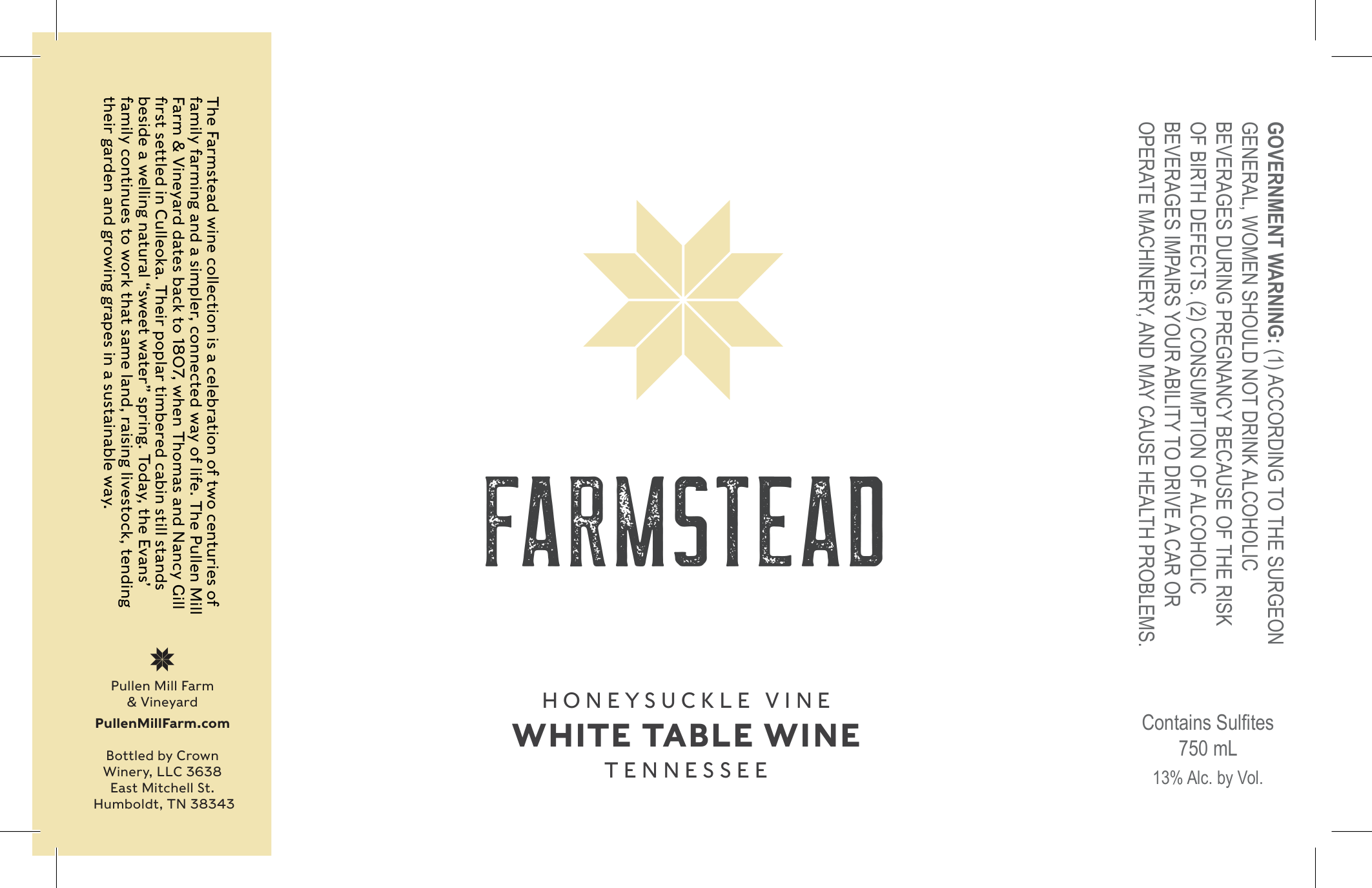Terroir of Tennessee
Tennessee's diverse climate offers a rich tapestry for viticulture, with its predominantly humid subtropical conditions. The eastern mountains introduce cooler, temperate climates, extending the spectrum of possibilities for grape growers. With a growing season stretching roughly 210 days, vines in Tennessee bask in warmth, accumulating between 3,400–4,300 growing degree days. This places the region in Winkler Region III–V, ideal for a variety of grapes, including the robust Norton and the aromatic Traminette.
The state's three AVAs—Mississippi Delta, Appalachian High Country, and Upper Cumberland—each boast distinct characteristics. From the fertile plains by the Mississippi River to the rocky, well-drained slopes of the Blue Ridge Mountains, and the limestone-rich Cumberland Plateau, these areas provide unique microclimates. Such diversity allows Tennessee to produce an array of wines, from delicate Vidal Blancs to fruit-forward Muscadines.
Notable Wineries in Tennessee
Tennessee's wine scene is a vibrant blend of tradition and innovation, with several notable wineries leading the charge. Here are a few standouts:
-
Highland Manor Winery (Jamestown): Tennessee's oldest winery, famous for its muscadine wines and historic charm.
-
Apple Barn Winery (Sevierville): Known for its apple-based wines and picturesque location in the Apple Barn Village.
-
Mountain Valley Winery (Pigeon Forge): Celebrated for sweet fruit wines and a pet-friendly tasting room.
-
Stonehaus Winery (Crossville): Offers a diverse range of wines and hosts community-focused events.
-
Arrington Vineyards (Arrington): A lively spot co-owned by Kix Brooks, known for its music events and stunning views.
-
Tsali Notch Vineyard (Madisonville): Tennessee’s largest muscadine vineyard, offering scenic views and unique events.
Sustainable Winemaking in Tennessee
Tennessee's wine industry is steadily embracing sustainability, recognizing the importance of preserving its unique terroirs. With environmental challenges like high humidity and mildew, winemakers are shifting towards disease-resistant grape varieties and integrated pest management, reducing reliance on chemical treatments. The Tennessee Sustainable Spirits program, established in 2018, encourages energy and water conservation, waste reduction, and eco-friendly practices among wineries across the state.
Efforts extend beyond certifications, as many producers independently adopt organic and biodynamic approaches. Initiatives such as cover cropping to control erosion, recycling grape pomace into compost, and exploring renewable energy like solar power are gaining traction. These collective efforts reflect a commitment to responsible growth, ensuring that Tennessee's rich winemaking heritage thrives sustainably for future generations.
Wine Tourism in Tennessee
Tennessee’s wine tourism offers a rich blend of scenic beauty and cultural experiences. The state features six official wine trails, such as the Rocky Top Wine Trail, which connects five wineries near the Great Smoky Mountains. Each winery provides complimentary tastings and a chance to earn souvenirs.
Wine festivals, like the Nine Lakes Wine Festival, highlight regional wines with live music and local cuisine, enriching the cultural tapestry.
Wineries like Arrington Vineyards and Tsali Notch Vineyard serve as event venues, blending wine with local entertainment and stunning landscapes. These destinations often feature live music, farm-to-table eateries, and outdoor activities, catering to diverse interests. Visitors can enjoy everything from jazz concerts to hiking trails, making Tennessee a vibrant hub for wine enthusiasts and leisure seekers alike.







